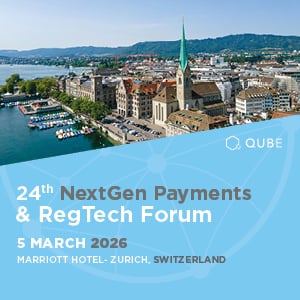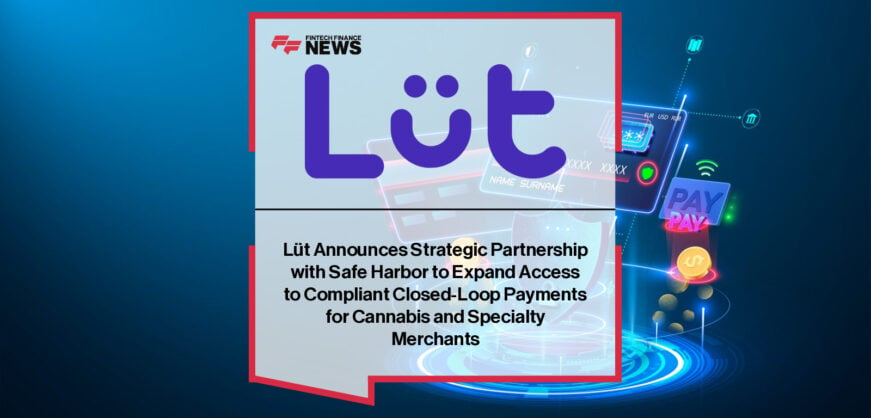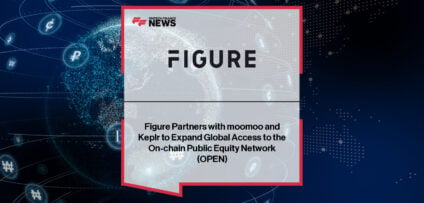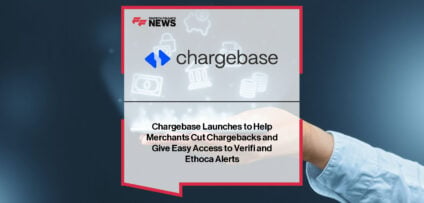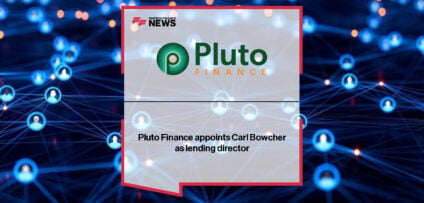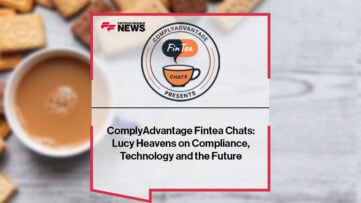Breaking News
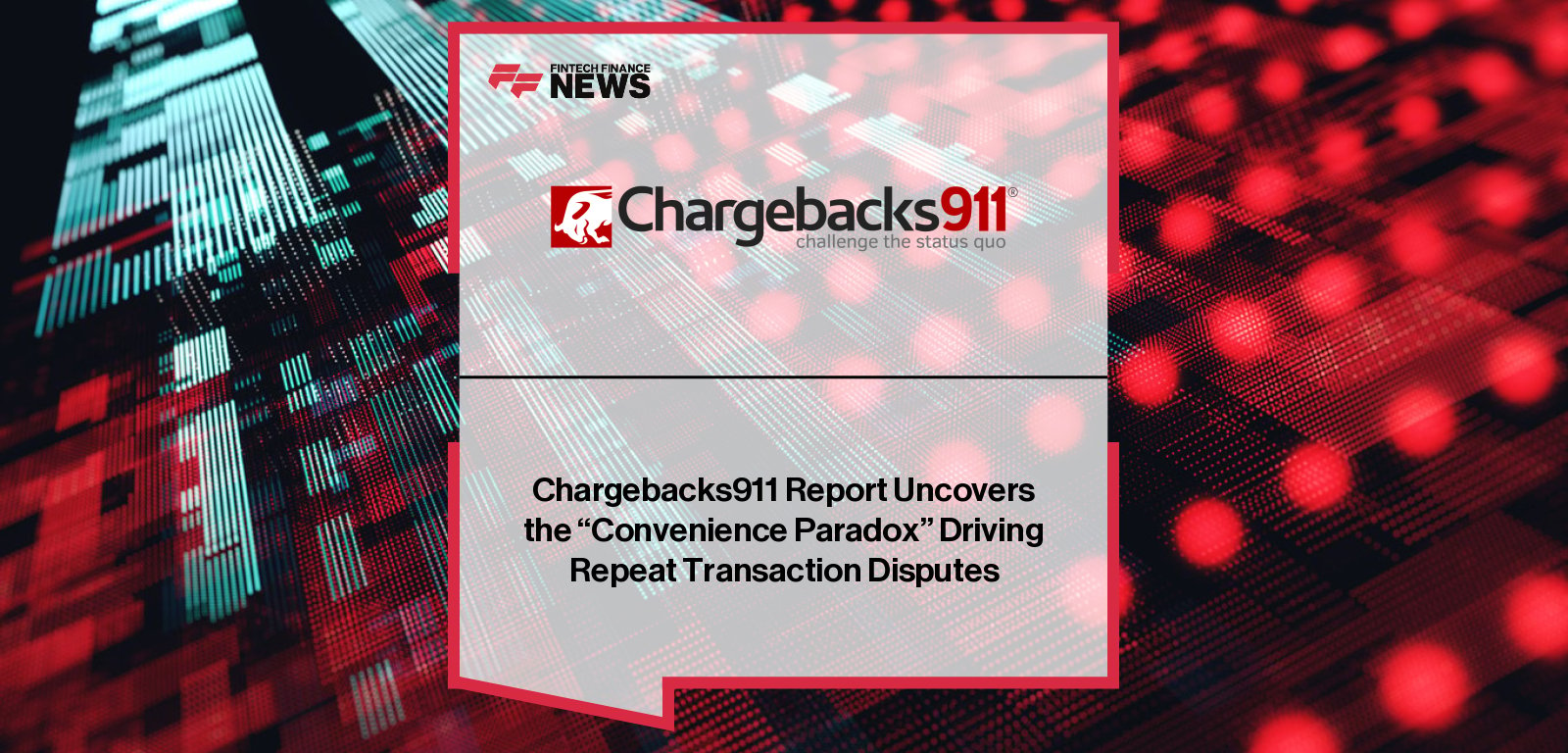
Chargebacks911 Report Uncovers the “Convenience Paradox” Driving Repeat Transaction Disputes
Chargebacks911, a global leader in dispute resolution and chargeback prevention, has unveiled a surprising twist in consumer payment behaviour: the better the dispute experience with a bank, the more likely customers are to file another dispute in the future.
The 2025 Cardholder Dispute Index, based on responses from over 1,200 cardholders in the U.S. and U.K., found that 87% of respondents were satisfied or very satisfied with their bank’s dispute resolution process. That satisfaction has a direct effect on future behaviour, with 88% saying they would be more likely to dispute again after a successful outcome.
This cycle, which Chargebacks911’s Founder and CEO Monica Eaton calls the “Convenience Paradox,” means that positive resolution experiences, while good for consumer trust, are unintentionally encouraging higher dispute volumes, which lead to unnecessary chargebacks for merchants. Instead of treating disputes as a last resort, many consumers now see them as a fast, effective alternative to merchant refunds, even when the claim may not warrant a chargeback.
“Banks have done a tremendous job improving dispute resolution efficiency,” said Eaton. “But our data shows a troubling side effect. When the process is quick and satisfying, it normalises the behaviour, making consumers far more likely to bypass the merchant entirely the next time they have an issue. This takes away any chance for the merchant to issue a refund, recoup their product, or avoid chargeback fees and payment processing penalties, all of which can cost a business four times the transaction value.”
The report highlights that consumers’ preference for convenience is reshaping the post-transaction landscape. Over three-quarters (76.64%) prefer to resolve issues through their bank, and nearly half admit to having disputed a transaction without contacting the merchant first within the last year. This shift in behaviour—and financial institutions’ choice to enable it—is exacerbating an already out-of-control problem of chargeback fraud and misuse, which Visa says makes up for 75% of all chargebacks.
While the Convenience Paradox benefits banks in the form of higher customer loyalty, it is seriously exacerbating the friendly fraud issue faced by merchants. According to a 2025 LexisNexis cybercrime report, first-party fraud surpassed scams to be the leading form of global attacks in 2024, representing 36% of fraud cases. With AI-enabled fraud becoming mainstream, industry analysts expect first-party fraud to increase in 2025.
Eaton urges merchants to move beyond reactive dispute management and focus on proactive prevention. Steps such as improving billing clarity, streamlining refund processes, and offering faster customer support can help intercept issues before they become disputes.
“Merchants cannot afford to ignore this trend,” Eaton added. “If you can match or exceed the ease of your customer’s bank, you have a fighting chance to keep the relationship, prevent unnecessary disputes, and protect your bottom line.”
The 2025 Cardholder Dispute Index is the latest in Chargebacks911’s ongoing research into consumer and merchant dispute behaviours, providing actionable insights to help businesses reduce risk, improve customer experience, and adapt to evolving payment trends.
To access the full 2025 Cardholder Dispute Index, visit https://chargebacks911.com/cardholder-dispute-index.
People In This Post
Companies In This Post
- Lüt Announces Strategic Partnership with Safe Harbor to Expand Access to Compliant Closed-Loop Payments for Cannabis and Specialty Merchants Read more
- Figure Partners with moomoo and Keplr to Expand Global Access to the On-chain Public Equity Network (OPEN) Read more
- OneDome Raises $25M Pre-Series C, Bringing Total Funding to $40M Read more
- intelliflo and Söderberg & Partners Form Strategic Partnership to Drive Adviser Efficiency Read more
- ComplyAdvantage Fintea Chats: Lucy Heavens on Compliance, Technology and the Future Read more




